|
For this entry in the Origins of My Love of Horror series, I'm posting this interview I conducted with Peter Straub, who passed away yesterday. Straub was one of the key writers who made me want to be a writer. Indeed, I was probably conscious of him at least since my early teens, when I initially read his seminal Ghost Story. Since then, I've tried to read every release, be it his subtle short fiction or his breathtaking novels. He was a writer I could actually say never wrote a bad work. I had the pleasure of interviewing Straub for Revolution SF in 2008 or 2009, with the publication of his novel A Dark Matter. The interview appears to have disappeared down the Internet's memory hole, so I am reposting it here. A Dark Interview: a Q&A with Peter Straub Your latest novel, A Dark Matter, is your first overtly horrific novel since Mr. X, or perhaps even Floating Dragon. Was it inspired in any way by your editing work on Poe’s Children and the two-volume American Fantastic Tales? It’s a sensible question, but I think the answer is no. I worked on A Dark Matter for about five years, and it was planned out – sort of – before I began to assemble the anthologies. The novel was supposed to be a novella, but it overflowed its banks. As with Julia and Ghost Story, A Dark Matter deals with the unfinished business of the past returning to haunt the present. What draws you to this theme? As far as I can see, the past always haunts the present, everybody’s present. We walk around inside invisible cocoons made up of opinions, responses, viewpoints, stances, and assumptions given us by our childhoods and our parents, and generally speaking, we are conscious of none of this material. A meeting between any two people involves the inevitable misreadings and bad judgments produced by the collision of two different scripts. Besides that, decisive actions follow us throughout our lives and affect us, drive our behavior, in ways we seldom understand or even grasp. The past is an indelible part of the present. A Dark Matter also saw publication as The Skylark by Subterranean Press. You’ve also had your short story collection 5 Stories and Sides, your book of criticism, published by Borderlands Press and Cemetery Dance Publications. What for you are the benefits of publishing through the small press houses? I like small presses a lot. They are willing to accept projects my trade publishers would not wish to bring out, books that would strike them as too small, too limited in appeal, or too eccentric. Also, small publishers often produce strikingly beautiful books, and it’s always nice to have a really handsome new book to put on the shelf. Have you seen the graphic adaptation of The Talisman? If so, what are your thoughts on it? I’ve been reading it in all stages as it moves along. It seems to be to be doing an excellent of condensing and presenting the story without leaving out anything important, and I’ve been enjoying it. Do you read graphic novels at all? If so, what titles do you read? I began reading graphic novels with The Sandman in the eighties. Since then, I’ve read all the John Constantine and Preacher books. Seth is one of my favorites, and so is Chester Brown. Dave Sim is in a class by himself. What writers do read these days? Are there any particular genre authors you see as rising stars?
Joe Hill is certainly on the rise, isn’t he? Daryl Gregory and Chris Barzack are doing very good work, too. Otherwise, I read Kelly Link, Donald Harington, James Ellroy, Michael Connelly, Elizabeth Hand, John Crowley, Tim Powers, people like that, who turn the idea of genre into a rifle-range target.
0 Comments
Leave a Reply. |
Derek Austin Johnson has lived most of his life in the Lone Star State. His work has appeared in The Horror Zine, Rayguns Over Texas!, Horror U.S.A.: Texas, Campfire Macabre, The Dread Machine, and Generation X-ed. His novel The Faith was published by Raven Tale Publishing in 2024.
He lives in Central Texas. Archives
May 2024
Categories |
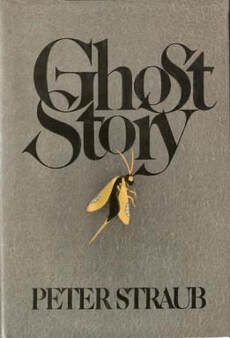
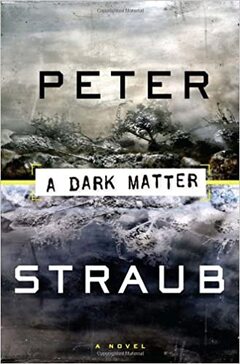
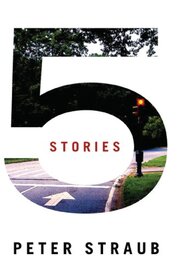
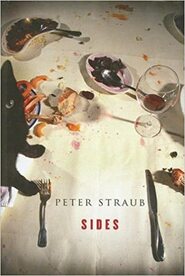
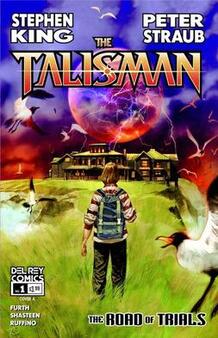
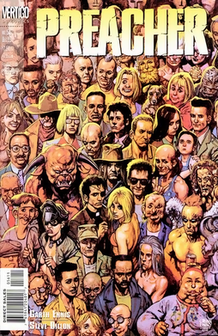
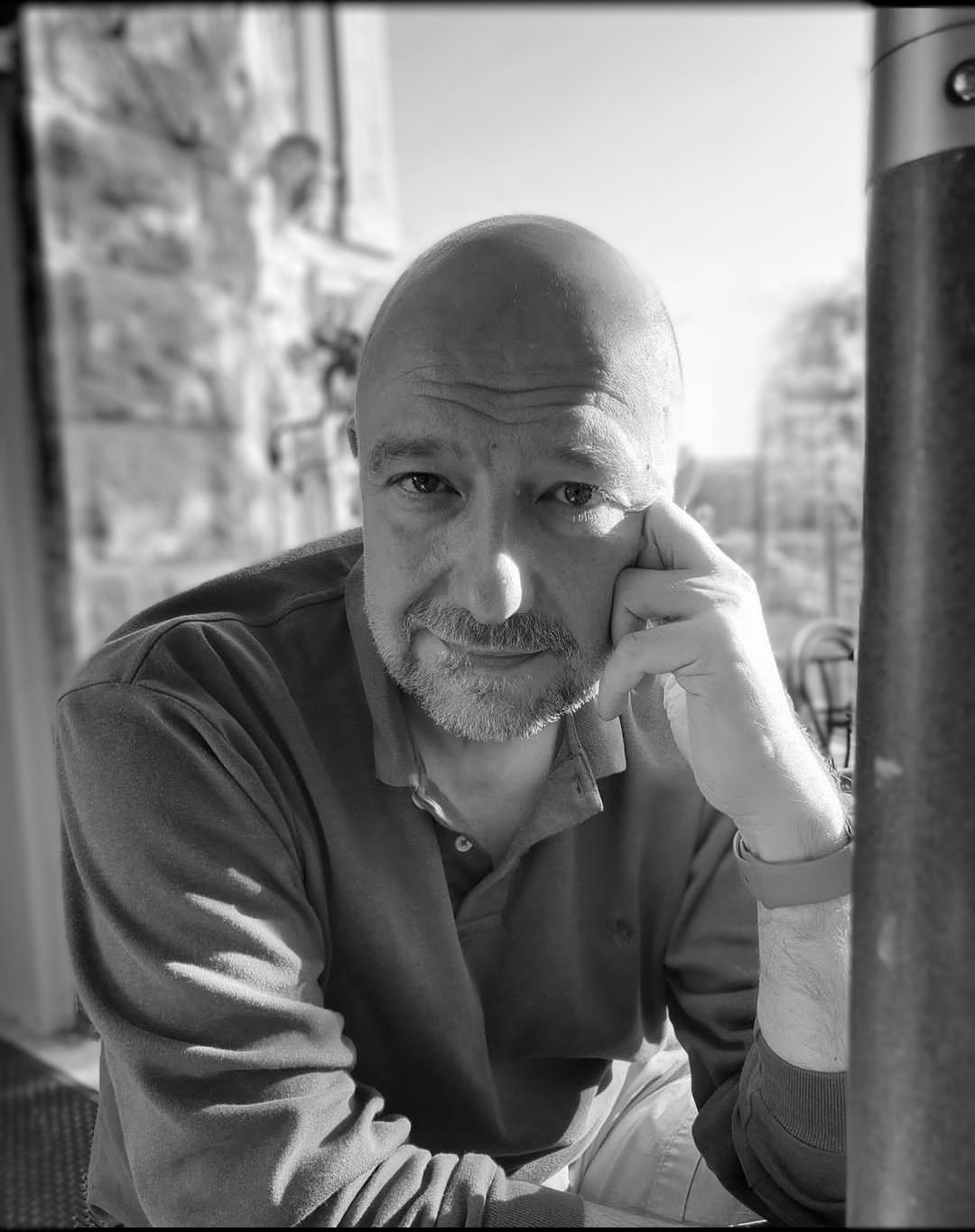
 RSS Feed
RSS Feed